
All in One SEO The Ultimate Plugin for Boosting Your Website’s Search Ranking
Introduction
When it comes to upgrading your home with the All-in-One SEO & Software Tools Hub, you want every detail to be just right, including your roof. One of the most common questions people ask before installing a metal roof is: Are they too noisy during rain? From my own experience living under one, I can confidently say that with proper installation, the sound is more of a calming tap than a loud drum. Modern roofing systems often come with solid insulation, which helps reduce the noise. So, the idea that rain on a metal roof always means loud banging is outdated.
The truth is, it’s more about how the metal roofing is built rather than the material itself. A well-designed underlayment and strong sheathing beneath the metal surface make a big difference. It’s just like using the right software tools—if you have the all-in-one solution, everything works together smoothly. So if you’re planning a new roof while also exploring an SEO hub for your online business, don’t let the rain myth stop you. Think of your metal roof like a smart platform—when built right, it’s quiet, efficient, and long-lasting.
What is SEO tool?
SEO and software for your search engine optimization campaign, one might wonder how various tools and automation features can impact the performance of your business. AI-driven content optimization and reporting automation can transform the way you manage your website’s rank performance. Marketers and business growth experts rely on SEO audit tools to make data-backed decisions for improving rankings and organic traffic. As you optimize your website performance analysis, you may also explore rank trackers and keyword research tools to ensure your strategy is aligned with search engine results from Google, Bing, and other search engines.
There’s an evolving landscape in SEO-related tasks with advanced tools like Moz, AIOSEO, and a range of SEO product categories to help you navigate. Features such as titles, meta descriptions, image alt text, and XML sitemaps are critical for ensuring your webpages are optimized. Plus, leveraging marketing automation tools can streamline your SEO processes, freeing up more time to focus on generate leads and sales. Don’t forget to read aggregated reviews and consult real users in Reddit forums to get firsthand accounts on how these SEO tool plugins truly work for your niche. From search query analytics to improving featured snippets, staying ahead of the game with all-in-one tools can push your site to the top of the rankings.
Understanding SEO Tools for Your Business Website
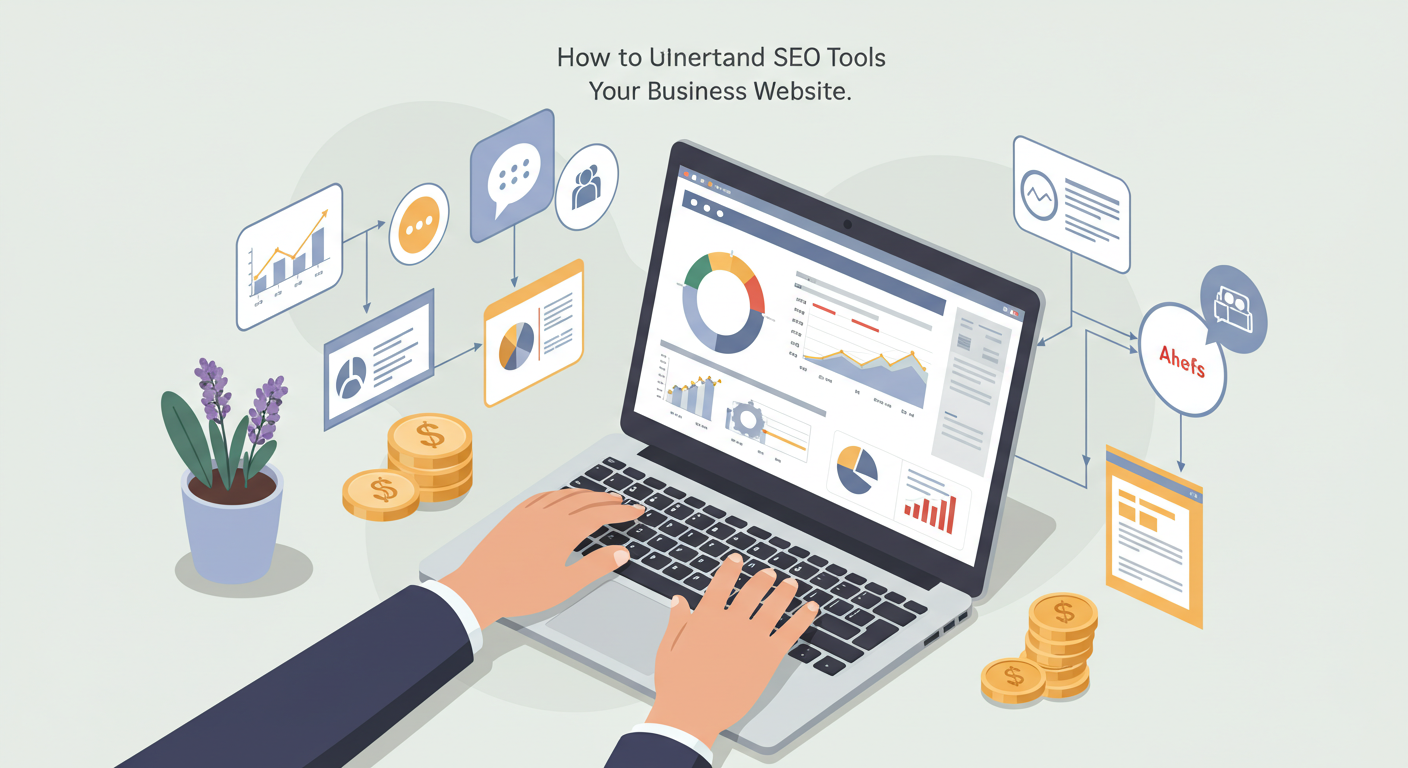
When it comes to SEO, having the right tools can make a huge difference in your website’s success. With so many categories of products available, it can be tough to know where to begin. Luckily, comprehensive tools offer functionality that helps you in keyword analysis, on-page performance, and website performance reporting. By using effective software, you can easily track your website’s quality and fix any potential issues with troubleshooting and competitor analysis. Whether you are a beginner or an experienced digital marketer, these tools provide insights into your website’s performance and help you stay ahead in the competitive landscape. As someone who’s worked with several platforms, I can tell you that choosing the right SEO plugin with the right features can transform your website into an optimized, user-friendly space.
Setting up your website for success doesn’t have to be a daunting task. With an Easy Setup Wizard and a step-by-step walk-through, you’ll be guided through the best SEO settings for your business website or online store. Whether it’s adding your business name, homepage title, or meta description, these settings ensure an optimized search appearance. Plus, with tools for creating sitemaps and tracking analytics, you can easily monitor your content ideation and schedule posts for a seamless user experience. By reviewing integrations and subscriptions, you can also determine the value of paid tools versus free options based on your specific objectives.
Best SEO tool for rank tracking SEO
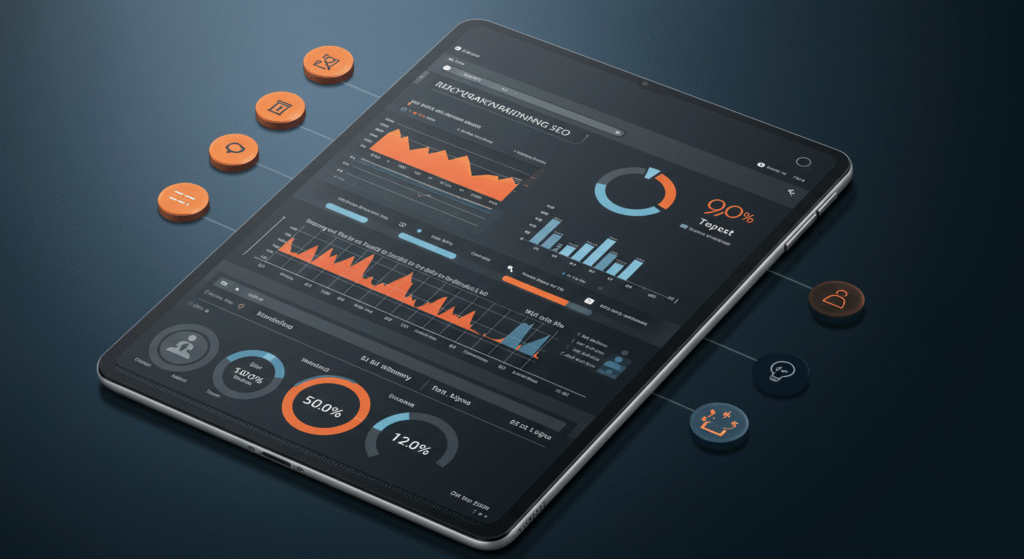
When considering a metal roof, one common question that comes up is whether metal roofs are noisy in rain. As someone who has personally installed metal roofing and worked with clients on this topic, I can assure you that the sound is not as overwhelming as many believe. Metal roofs are generally quieter than expected, especially when installed with proper insulation. The material itself does make a sound when rain hits it, but it’s often softer and less intrusive than the loud “pitter-patter” that people associate with it.
The sound of rain on metal roofs can vary depending on several factors like the thickness of the metal and the type of underlayment used. For example, a robust insulation layer can help significantly reduce sound. In areas where rain is frequent, enterprises or even SMBs that deal with construction might want to consider this feature during the roofing selection process. It’s all about the right combination of materials that keep the interior environment peaceful while also providing reliable protection against the elements. Ultimately, the sound of rain hitting a metal roof should not be a major concern as long as proper installation methods are used
Best tool for SEO audits

When considering installing a metal roof, a common question many people ask is whether metal roofs are noisy during rain. This concern is especially relevant for homeowners who are looking into the long-term benefits and performance metrics of different roofing options. While it’s true that metal roofs can make more noise compared to traditional roofing materials, modern advancements have drastically minimized this issue. With the right installation and insulation, you can significantly reduce the sounds of raindrops hitting the metal surface.
From my own experience, choosing a high-quality metal roof with proper insulation materials can provide peace and quiet during rainstorms. This is similar to how SEO tools can optimize your website’s performance; with the right setup, what might initially seem like a problem (like the noise of rain) can be managed with the proper SEO software solutions. In fact, just like SEO software tools automate tasks and diagnose problems, proper insulation and underlayment can help automate the noise reduction process. If you’re concerned about technical SEO or want to fine-tune the overall SEO content and performance of your roofing choices, it’s essential to take the same approach: use the right tools and solutions for a quieter, more efficient outcome.
Best SEO tool for competitor research
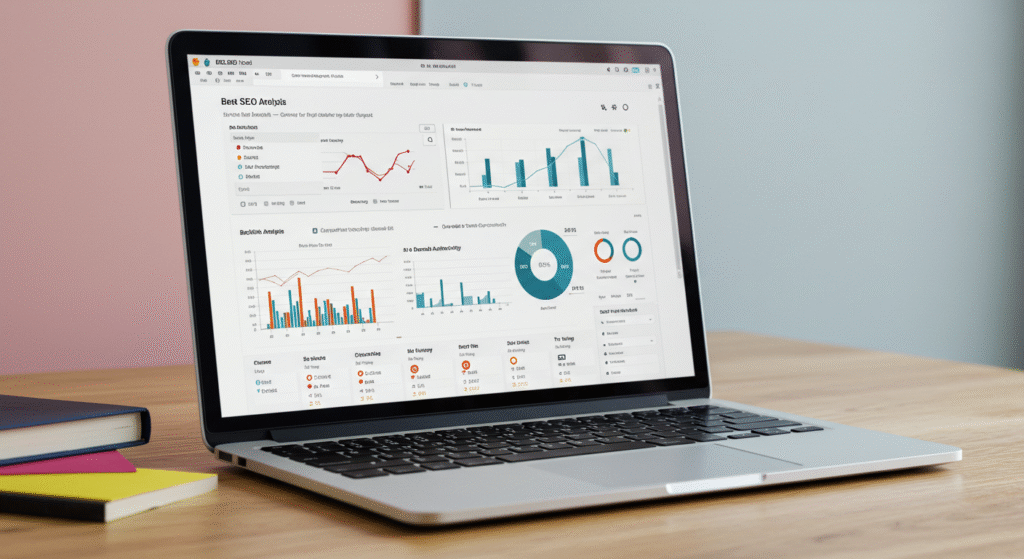
it comes to building a home, one common question that arises is “Are metal roofs noisy in rain?” The short answer is: yes, they can be. But here’s the catch: it’s not always as bad as you might think. A metal roof can amplify the sound of rainfall due to the surface material’s reflective properties. However, this noise level largely depends on how the roof is installed, including the insulation and the type of material used. Roofing companies can offer soundproofing options to significantly reduce this effect.
With the right considerations, a metal roof can actually be just as quiet as any other roofing material. Proper installation and additional insulation can block out most of the noise, creating a more peaceful environment. From a personal experience, I’ve had metal roofing on my home for years, and it’s never been as noisy as I anticipated. Installing a quality underlayment beneath the metal roof was key to minimizing rain noise, making it manageable even during heavy downpours. So, while it’s true that metal roofs can amplify
Best SEO tool for content optimization
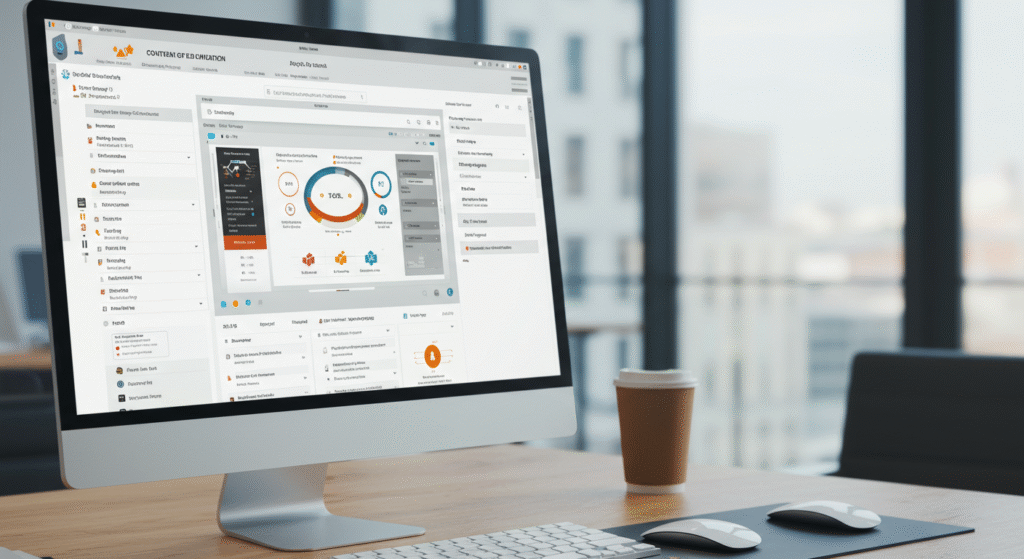
When considering a metal roof for your home, one concern that often pops up is whether it will be noisy during rain. The idea of metal roofs being noisy is common, but it’s important to understand that the level of noise largely depends on various factors. In my experience, metal roofs are not inherently noisy when it rains. Much of the sound you hear is related to the roof’s installation and the materials used beneath it. For instance, when you install a metal roof with proper insulation and an underlayment, it significantly reduces sound.
If you’re using a keyword discovery tool or exploring related keywords for a roofing business, it’s essential to also consider how your website’s page performance tracking can affect your rankings. The keyword you target, such as “quiet metal roofs,” might perform differently based on the content optimization you apply. Using a premium price tool suite, you can track your page stats and position tracking. I’ve found that AI-powered content editor tools are excellent for improving your content’s readability rating. By grouping semantically related terms and focusing on content grade, you can generate topic ideas that resonate well with your audience and ensure SEO value. Additionally, integrating these insights into platforms like WordPress can help scale content optimization for better results, even tracking content decay and identifying viable keyword options in real-time.
Best SEO tool for content ideation
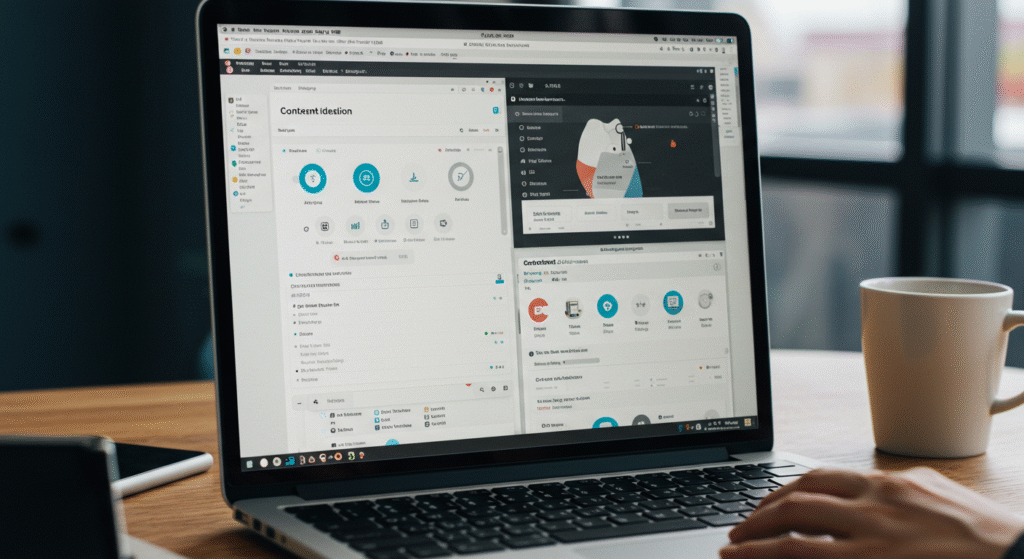
When I was researching whether metal roofs are actually noisy during rain, I turned to AnswerThePublic—a self-proclaimed tool for discovering what real people are talking about online. It helped me tap into raw keyword research, with search queries like “are metal roofs noisy in the rain” and “how loud are metal roofs”. Its unique data visualization—from a spinning wheel to a grid of questions, prepositions, and comparisons (vs, like, can, for, how, will, are, without)—gives a visual breakdown of user behavior. It’s uniquely useful for spotting trends and seeing search volume, CPC, and keyword difficulty (KD) all in one place. The platform includes keyword suggestions across Google, YouTube, and Bing, so I could monitor interest and even enable alerts for timely updates.
What makes this tool stand out is its affordable pricing—just $9/month, or a lifetime flat fee of $99 for Individual users. This is the lowest tier compared to other high-end tools. Despite some cons like limited features in the free plan and no direct content editor, it lets you organize searches, build projects, hide irrelevant keywords, and export results as CSV files or hi-res images. As a content strategist, I often save insights, analyze keyword trees, and compare historical data to understand user intent and generate search terms that rank. The color-coded data presentation and standard table views make it easier for marketers to extract signals, build frameworks, and map website assets to match transactional intent and potential topics. In essence, it’s one of the best tools for content ideation, giving deep access to what users search and how they think.
I also rely on a Content Generator to draft posts on “Are metal roofs noisy in rain?” using Evergreen topic concepts and real Common questions I’ve had, checking Engagement scores and Linking domain stats to decide Post type, Content format, and ideal Word count. I ask myself “What Post angle will help?” or “Why Post this idea now?” and test different Publishing times on various Social media platforms. My Content research and Ideation process is like weighing a Subscription price or Premium price against Limited reporting features in tools such as AnswerThePublic and top Rank tracking platforms to get the clearest, quietest read on the data.
Best SEO tool for content research on a budget SEO
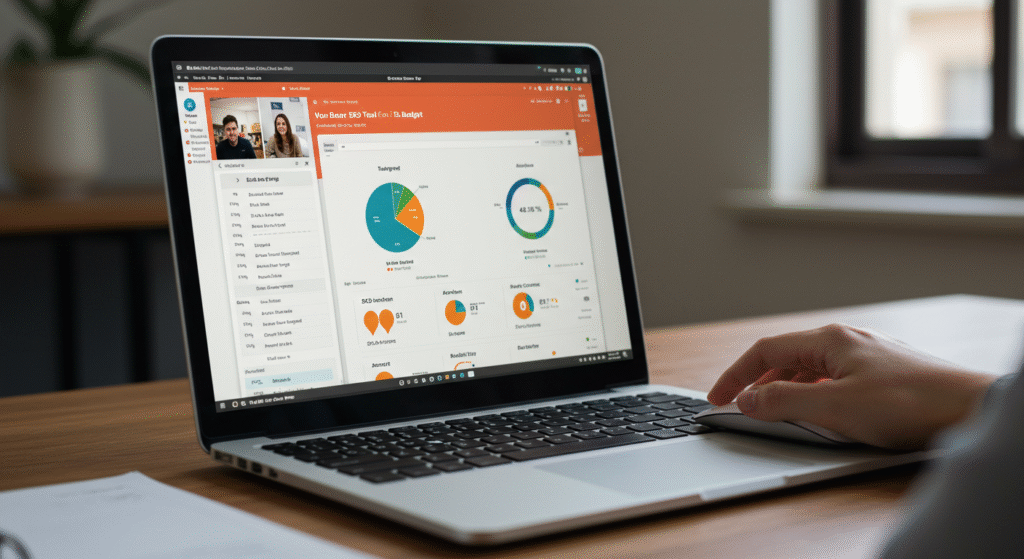
When I started optimizing content for my website without a big budget, I needed something better than the typical tools. That’s when I stumbled upon AnswerThePublic—a self-proclaimed tool for discovering what people are talking about online. It’s not just about keyword research, it gives a visual breakdown of search terms through a wheel or grid, color-coded by questions, comparisons, prepositions, and even related terms. You get uniquely useful insights into user behavior, search query intent, and longtail variations—with visualizations that feel more like a conversation than data.
Though the Individual plan is just $9/month or a $99 flat fee lifetime access, it offers powerful features like alerts, search trend monitoring, and organizing searches into projects. It even lets you hide irrelevant keyword trees, compare historical data, and save insights for later. The standard data presentation includes keyword difficulty (KD), cost-per-click (CPC), search volume, and more. It supports Google, YouTube, and Bing, though the cons are that it’s limited only to these platforms. Still, the affordable pricing, lowest tier access, and ability to download hi-res images, export CSV files, and visualize keyword segmentation make it perfect for marketers who want the essence of keyword data without the cost of high-end tools. It’s definitely been an offering I found uniquely helpful when creating assets backed by strong signals and reports.
Best tool for local SEO
Metal roofs might sound like drums during heavy rain, but today’s all-in-one SEO & software tools hub can relate in a surprising way. Just like a quality metal roof uses insulation to soften the sound of rain, a smart local SEO platform uses data and automation to reduce the noise of guesswork in search optimization. In my own work with small businesses, using platforms like SE Ranking has helped cut through the clutter—its dashboard shows real metrics like rankings, website visits, direction requests, and even phone calls triggered from Google Business Profile views. Every ranking feels like a raindrop on a quiet rooftop—clearly heard, but never overwhelming.
Back when I started helping clients boost their local presence, I tested many SEO tools, but few offered the depth of reporting, monitoring, and review management that I found in this comprehensive hub. It syncs real time locations and offers profile updates across Google, Facebook, Yelp, Foursquare, and Tripadvisor, making it an ideal rank tracker and review responder. Features like semantic AI analysis allow us to break down topics, feedback, and sentiment for better customer engagement. With built-in map monitoring, location changer, and VPN-based SERP tools, I’ve monitored keywords, regions, and service areas like a breeze—even from a local pizza shop’s back office. Bonus: it integrates with Zapier, syncing with other apps and automating workflows—so even during a storm of data, you stay dry under the right platform.
Conclusion
In today’s fast-paced digital landscape, efficiency, collaboration, and results are everything. An all-in-one marketing, content creation, and SEO software suite isn’t just a luxury—it’s a game-changer for teams aiming to scale smarter, not harder.
By unifying powerful tools under one roof, your team can eliminate the chaos of juggling multiple platforms, reduce costs, and most importantly—focus on what truly matters: creating impactful campaigns that drive measurable growth.
Whether you’re a startup seeking agility or a growing enterprise chasing consistency, investing in a streamlined solution sets the stage for better workflows, faster content delivery, and stronger SEO outcomes. In a world where time is money, an all-in-one suite doesn’t just support your goals—it accelerates them.




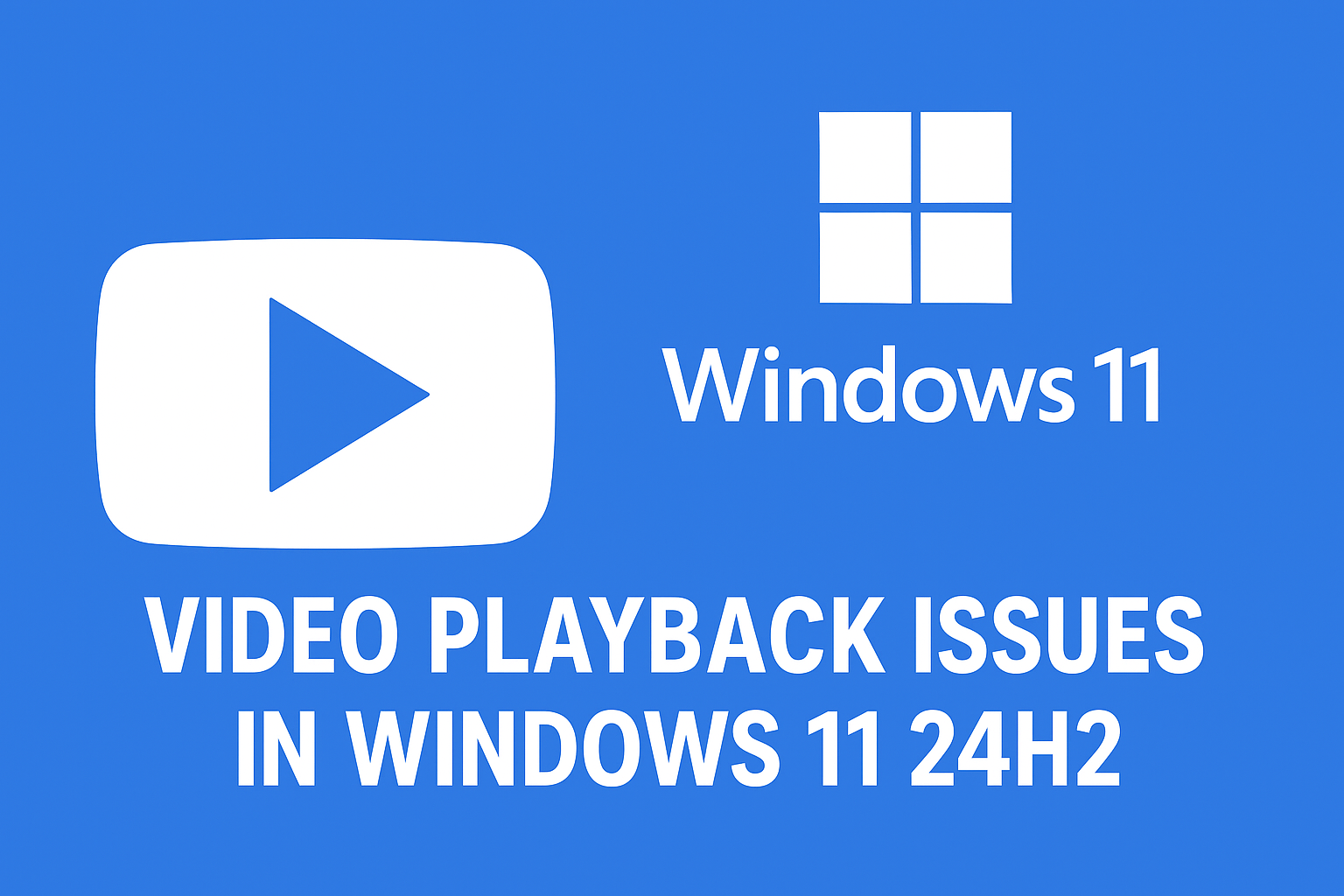
















Post Comment